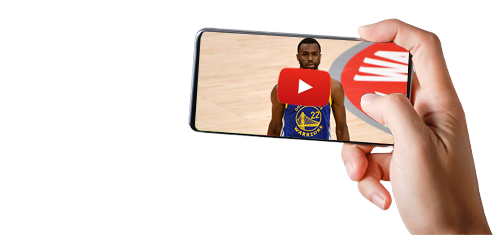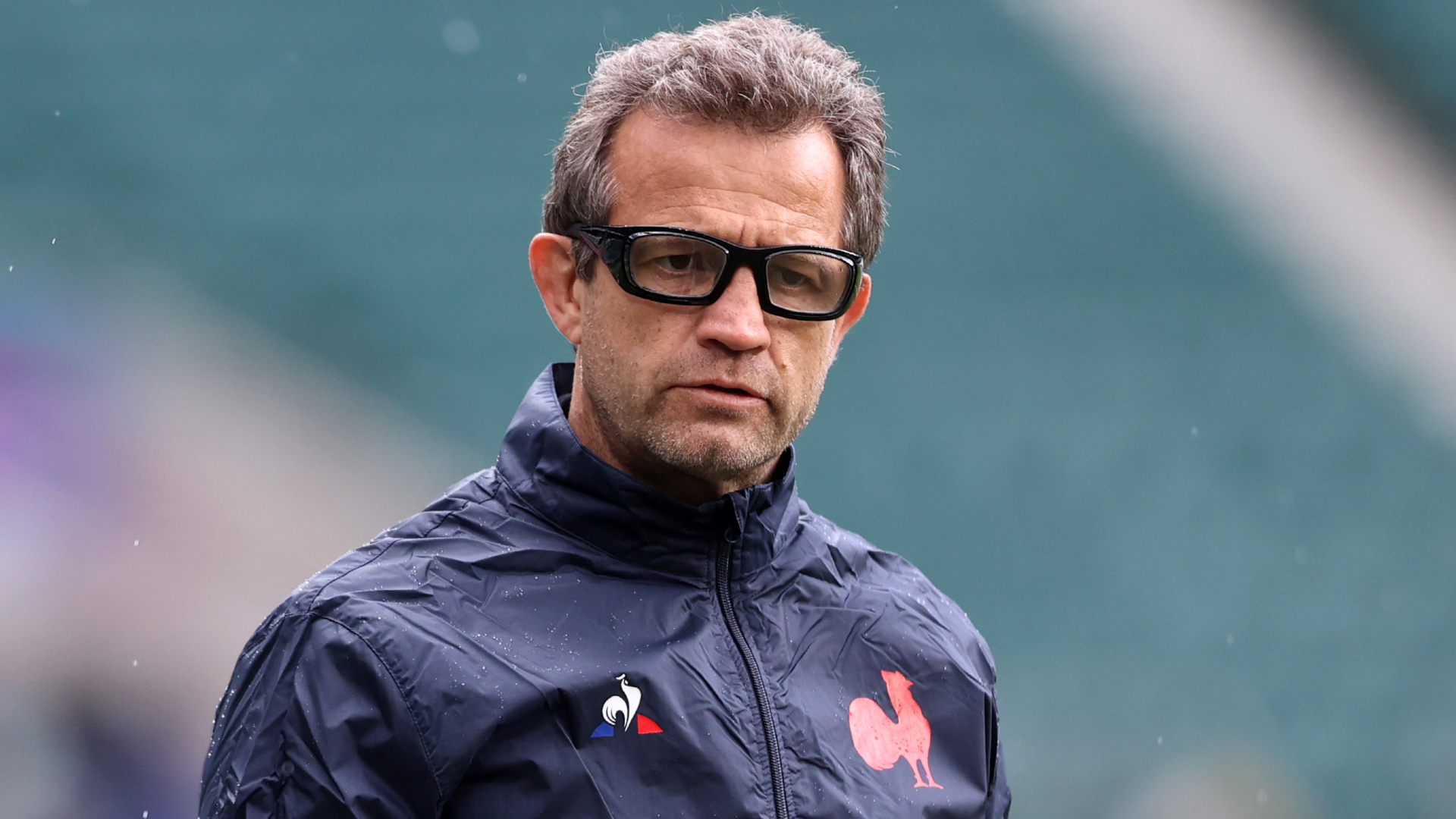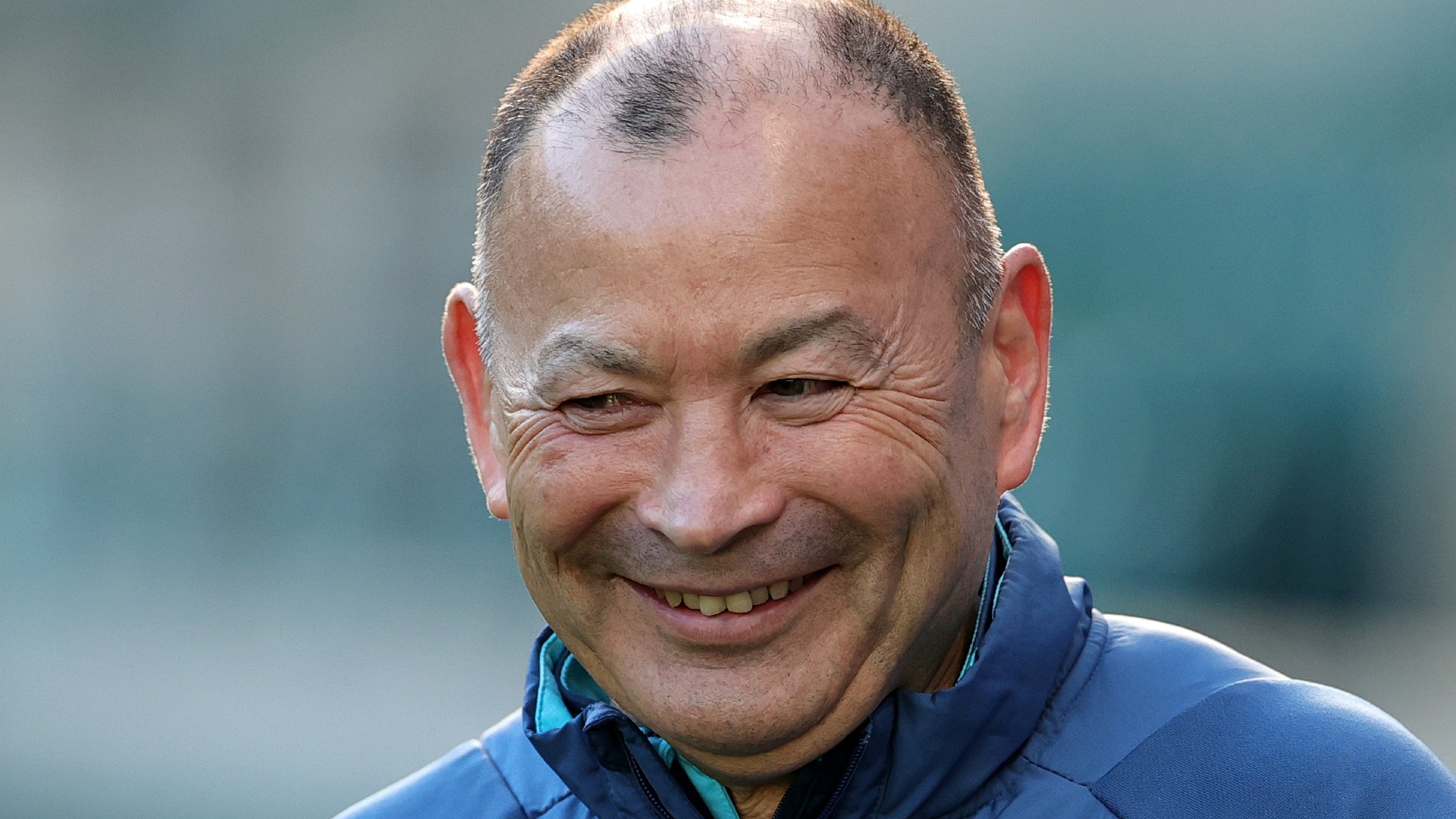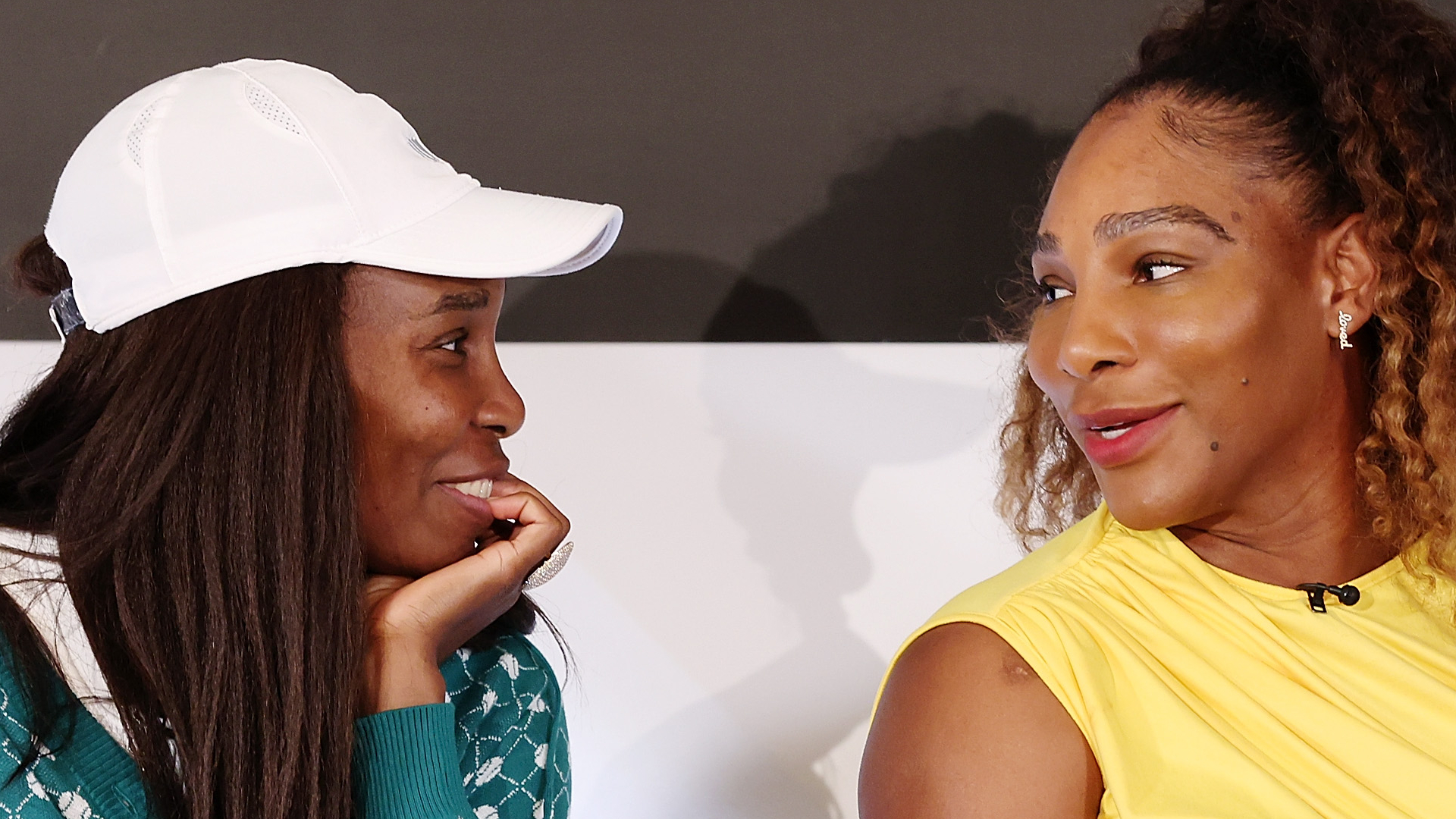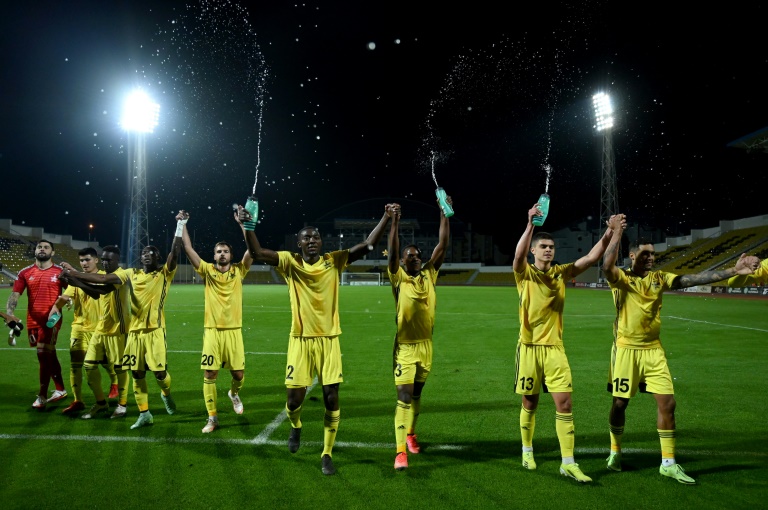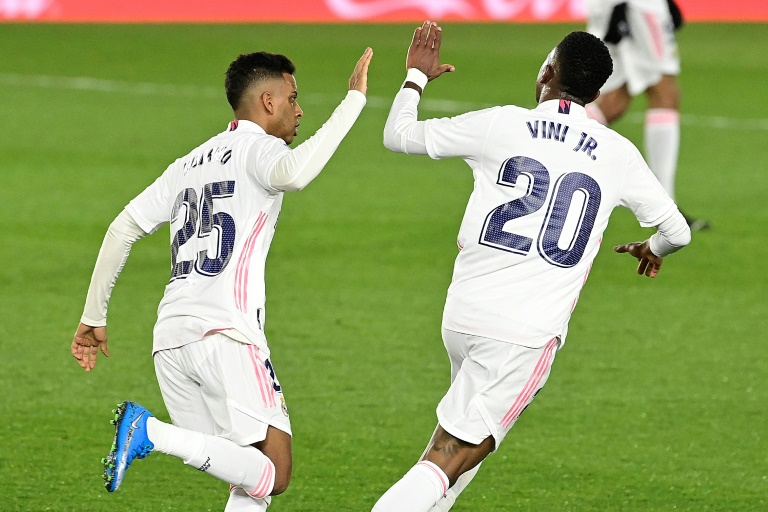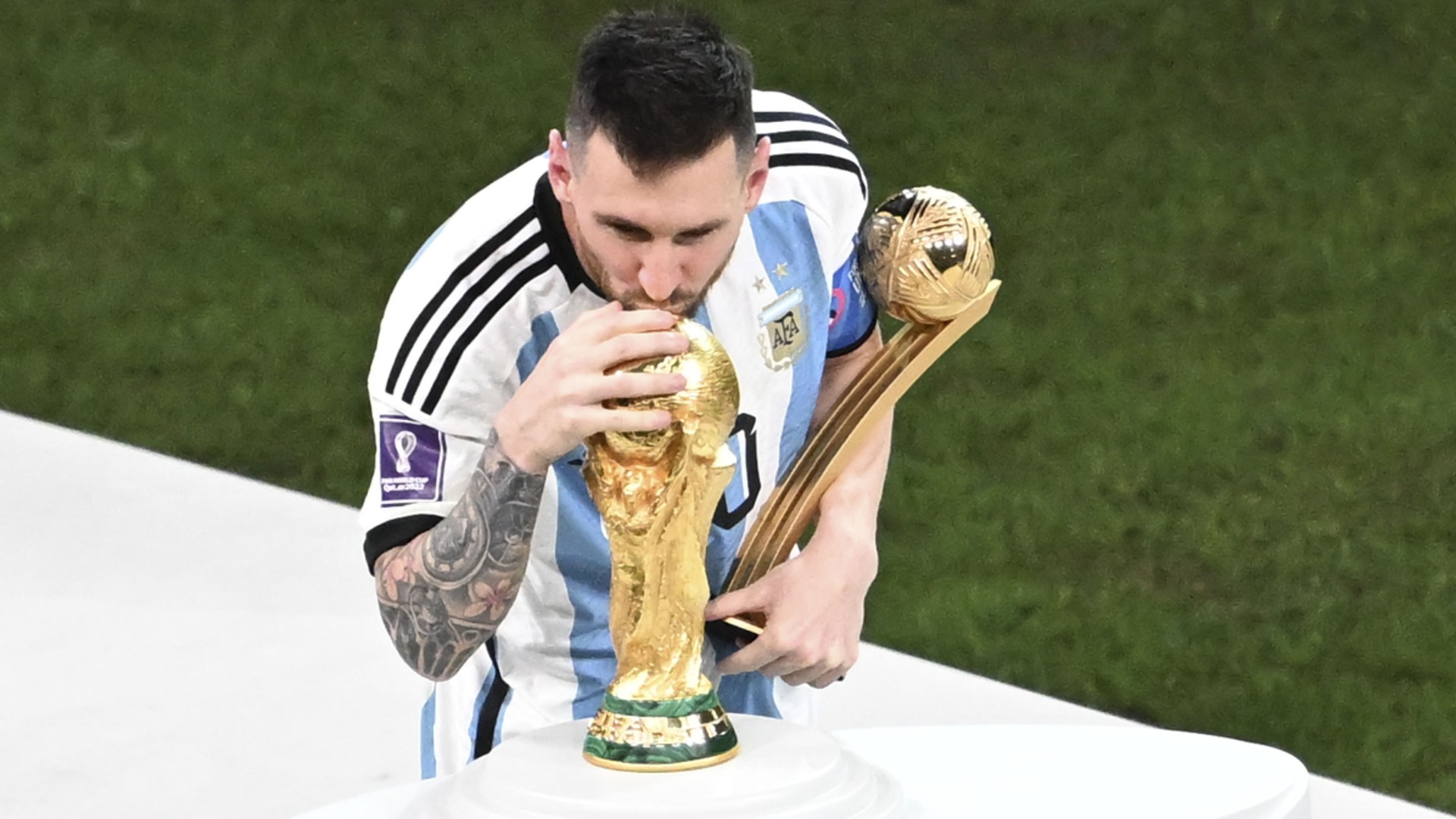
Lionel Messi has been named the Best FIFA Men’s Player.
The Paris Saint-Germain superstar and Barcelona great won the award for the second time, beating club-mate Kylian Mbappe and last year’s Ballon d’Or winner Karim Benzema to the prize.
With the award spanning the time between August 8, 2021 and December 18 last year – from the start of last season to the end of the World Cup – Messi’s success in Qatar ultimately gave him the edge.
Using Opta data, Stats Perform looks at Messi’s crowning year.
Starting slow in Paris
It has not all been rosy for Messi over the course of the last 18 months.
Barca’s inability to renew his contract led to Messi swapping Camp Nou for the Parc des Princes and forming a mouth-watering front trio with Mbappe and Neymar.
Yet it took some time for him to click into gear in France.
Messi finished the 2021-22 Ligue 1 season with six goals, his lowest tally in a league campaign since his breakthrough at Barcelona in the 2005-06 season.
He underperformed his expected goals total of 10.1 by just over four, suggesting he was not finishing chances he would have been expected to, while he only netted once in his first 12 Ligue 1 matches. He was also slightly unfortunate, hitting the woodwork on 11 occasions.
Yet Messi did create – he tallied 14 assists in Ligue 1 alone, creating 63 chances. Having Mbappe and Neymar alongside him no doubt helped (his xA was 9.0), but he ultimately finished with 20 goal contributions in France’s top tier.
Messi had more luck in the Champions League, scoring five goals in seven appearances, slightly outperforming his non-penalty xG (three goals from 2.4 npxG).
Back at his best
Any teething issues Messi experienced last season have been swiftly forgotten this term.
Indeed, in the run-up to the World Cup, Messi had already contributed to 25 goals (11 goals, 14 assists) in 18 appearances for PSG across all competitions.
None of Messi’s goals came from the penalty spot, topping his npxG of 9.5.
Heading to Qatar, Messi had contributed to more PSG goals than either Mbappe or Neymar (24 each) in fewer matches.
Messi’s shot conversion rate (14.9 per cent) was lower than Mbappe’s 23.5 and Neymar’s 27.1, but he had completed more dribbles (55) and created chances with a greater combined xA (8.6) than either.
It took time, but the signs were scary for Argentina’s opponents heading into the World Cup, and it’s that tournament that has inevitably given him the edge for these awards.
On top of the world… at last
The one criticism that could have been levelled at Messi previously was that the seven-time Ballon d’Or winner had not managed to transfer his form to the international stage.
After winning the Copa America in 2021, Messi ended that argument in emphatic fashion in Qatar, channelling his inner Diego Maradona as, like the great man in 1986, he dragged Argentina to glory at a World Cup.
The 35-year-old scored seven goals, including two in the final, and provided three assists to claim the Golden Ball award, although of course it is the main prize that will matter the most to him.
Messi became the first player to net in the group stage, the last 16, the quarter-finals, the semi-finals and the final – albeit Jairzinho scored in every game Brazil played in 1970 before the introduction of the round of 16.
Messi and Jairzinho are two of five players in World Cup history to have found the net in six separate games at one finals, with the other three (Just Fontaine, Salvatore Schillaci and Davor Suker) boosting their numbers in the third-place play-off.
He also matched Schillaci in scoring the first goal in five different matches.
Messi topped the charts for shots attempted (32), chances created from open play (17) and fouls won (22).



